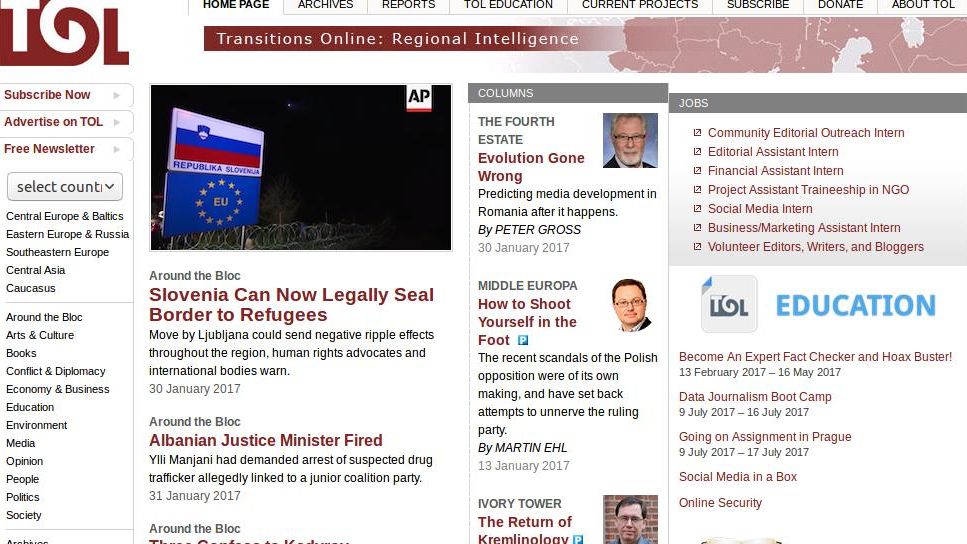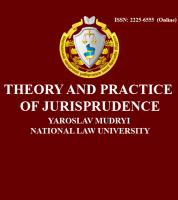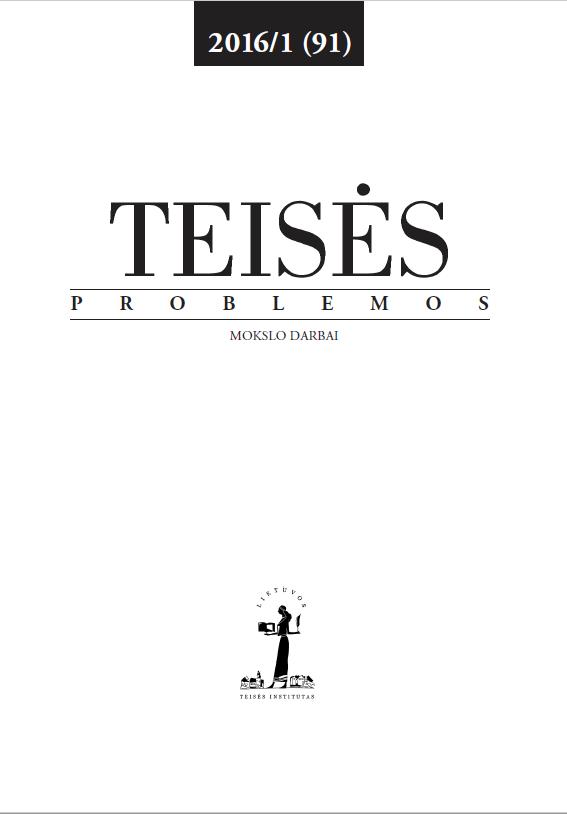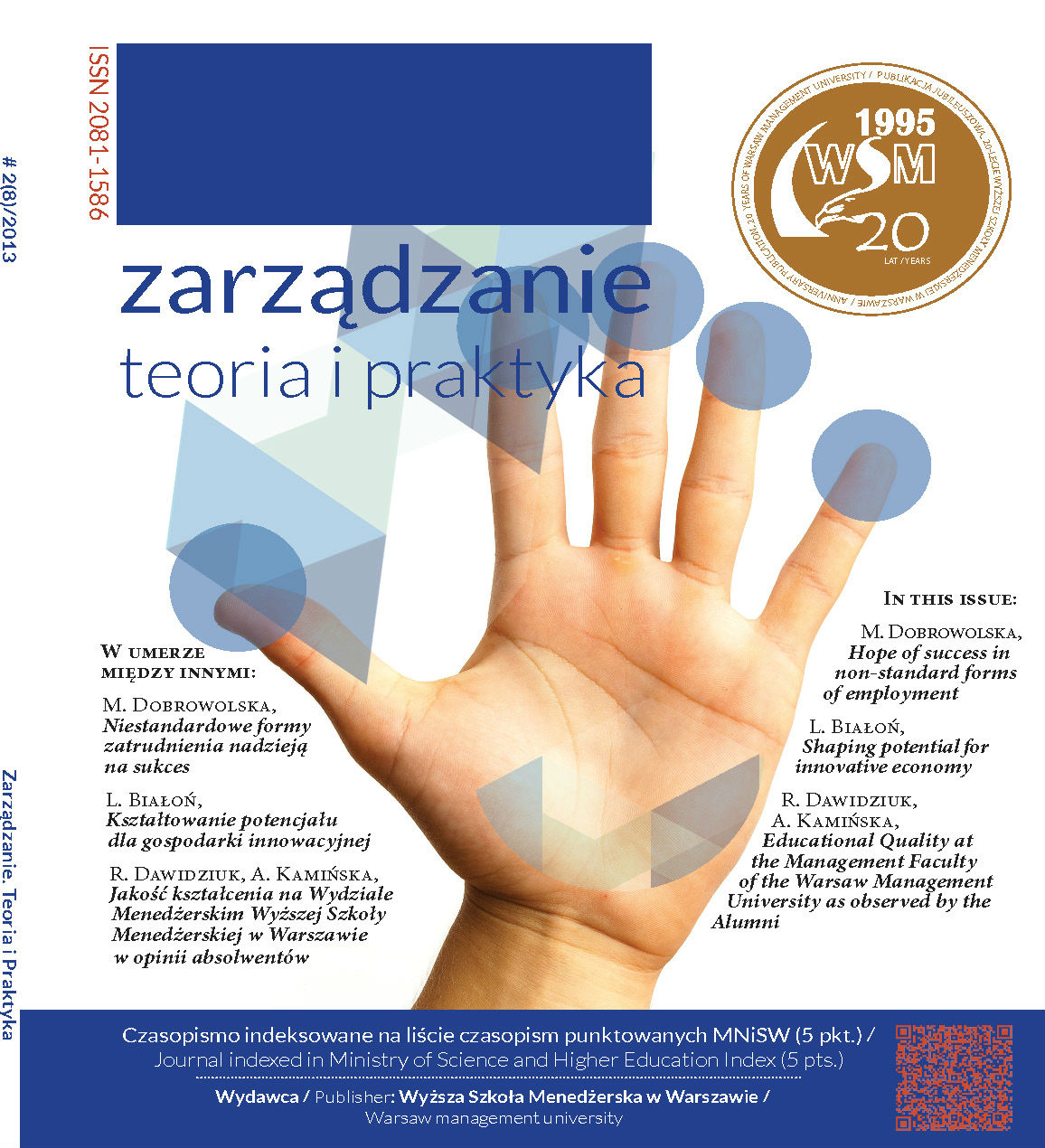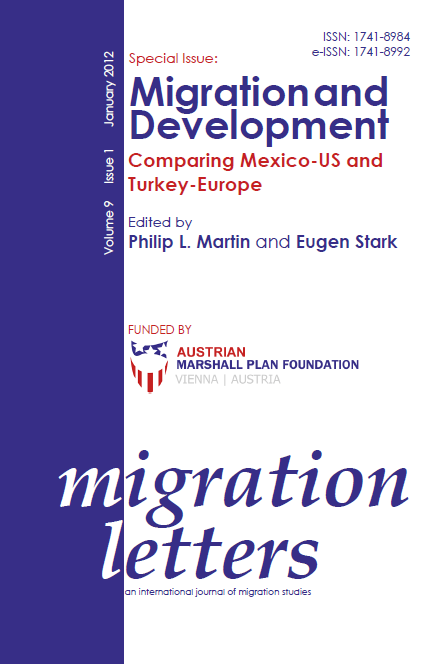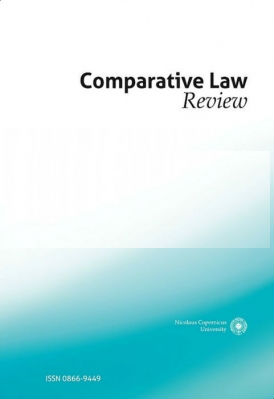Author(s): S. Klimova / Language(s): Ukrainian
Issue: 10/2016
Problem setting. Development of financial and administrative relations is caused by the factors, the main ones are: 1) the reform of public administration system, 2) the reform of public finance system, 3) continuation of the process of filling with a new, more powerful meaning the legal status of man and citizen according to the Constitution of Ukraine.Recent research and publications analysis. The issues related to the administrative financial relations have been the focus of domestic scientists - specialists in administrative and financial law, among them V.B. Averyanov, Yu.P. Bytyak, V.M. Garashchuk, E.S. Dmitrenko, S.V. Kurinnyi, M.P. Kucheriavenko, V.K. Kolpakov, O.A. Lukashev, V.Ya. Nastyuk, O.P. Ryabchenko, O.O. Semchyk, O.I. Kharitonova and others.Paper objective. Legal relations in the field of administration of public finance.Paper main body. Public finance depending on its origin is classified into the following types: 1) public finance of European and world institutions attracted to use inUkraine; 2) the public finance of the state and territorial communities; 3) the finances of other corporate members of society, which ensure public needs.Administration of public finances is interdisciplinary in nature, and financial-administrative relations are regulated by rules of public law (rules of both financial and administrative, constitutional law).The financial and administrative relations – are regulated by rules of public law, public relations, that emerge, change and terminate during the mobilization, allocation and use of public finance, they have public and imperious character and ensure the public needs of society, its individual social groups and members, state and local communities whose satisfaction requires adequate financial resources.The financial and administrative relations, like any other jural relationships, have its structure, the elements of which are: 1) the subject; 2) the object; 3) the legal and factual content.Conclusions of the research. Given the current realities it is expedient to highlight the following important characteristics of the financial and administrative relations: a) they arise in the sphere of administration of public finance; b) they have as a compulsory subject public authorities, representing public and legal interest, acting on behalf of the state, a territorial community or a certain part of society and implementing its administrative competence c) they are characterized by relations of power and subordination and legal inequality of the parties; d) they arise to solve financial issues in order to meet common generalized public needs of society and its individual social groups and members, the state and local communities; d) they ensure organizing influence of public administration on public finance; e) they differ by special legal regime of ensuring legality and legal protection (combination of state functions with the interests and rights of citizens, non-governmental collective subjects and local communities); g) they are divided into two levels: supranational and national.
More...


